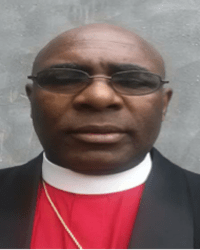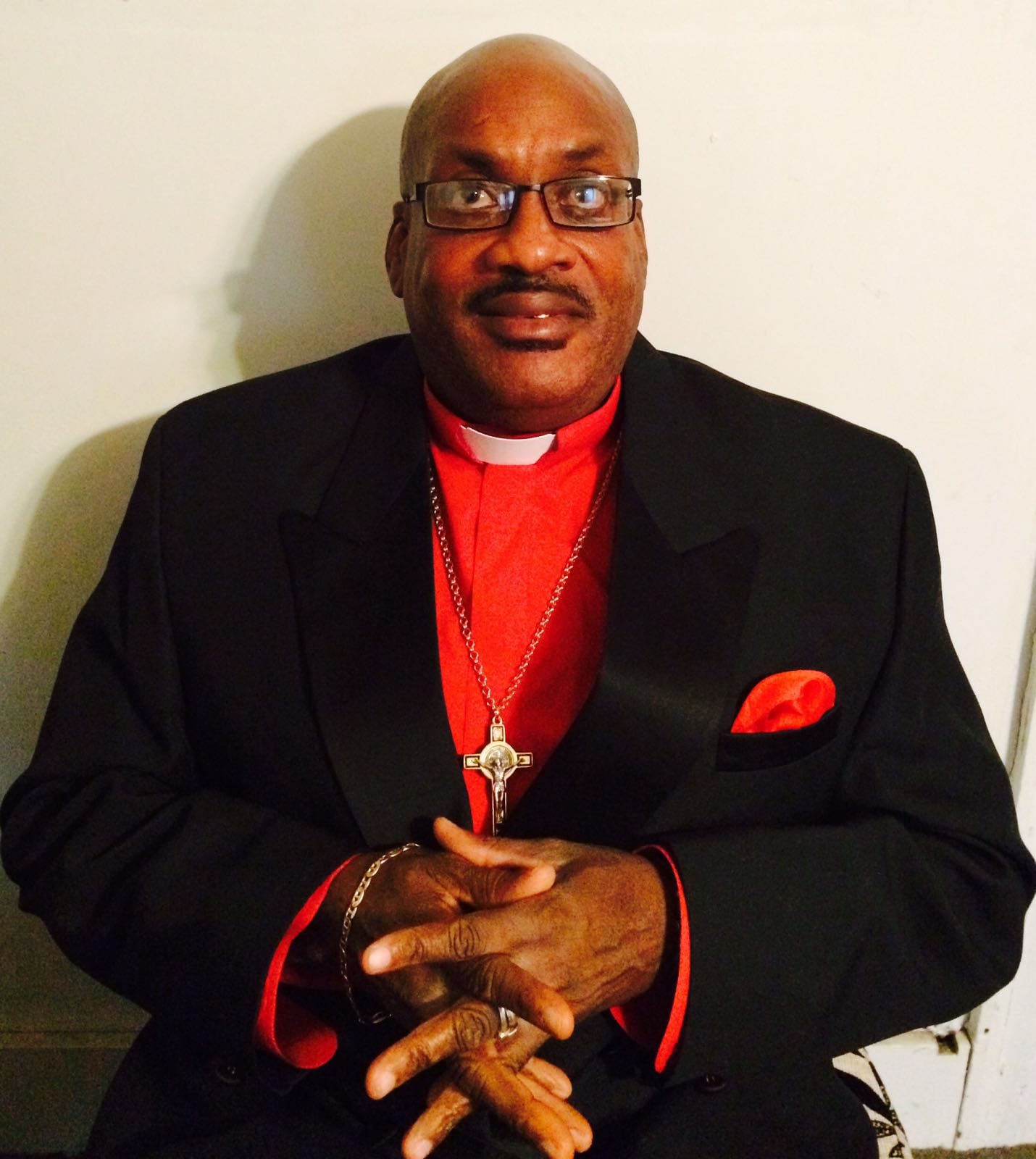JACOB’S LADDER – THE MESSIAH JESUS CHRIST
A fascinating, yet often confusing element of understanding the Bible is the way that the New Testament uses, quotes, or otherwise alludes to the Old Testament. We’ve seen it in several recent posts, specifically the Apostle John’s quotation by John the Baptist concerning the name Lamb of God, which is packed full of Old Testament nuances, ascribed to Christ. We needn’t move far from this passage in John chapter 1 before we encounter another strong, clear example of the New Testament use of the Old Testament, this time from our Lord Jesus Christ.
In John 1:43-51, we find a passage describing the calling of Nathaniel in what might otherwise be an overlooked detail. However, as is always the case in Scripture, there is much more for us to glean. Notice the following observations from the passage:

- Phillips recognition of the promised Messiah (verse 45)
- The basis for his recognition is the Old Testament, i.e. “Moses in the Law and also the prophets wrote” (verse 45)
- Nathaniel’s hesitation to believe without seeing (verse 46)
- Jesus’ observation of Nathaniel’s character (verse 47)
- Note the contrast with Nathaniel’s statement in verse 46
- Nathaniel’s encounter with the Lord (verse 48-49)
- He believes
- Jesus’ promise of better things to come (vs. 50)
- Angel’s ascending and descending on the Son of Man (verse 51)
- A clear reference to the Old Testament, Genesis 28:12
With these general observations made, there are really two that I want to focus on. First is Philip’s recognition of Jesus in verse 45 and his statement on the expectation of the Old Testament. When Philip says to Nathaniel, “We have found him of whom Moses in the Law and also the prophets wrote, Jesus of Nazareth, the son of Joseph” what are we to make of this? Where is he referring to in the Old Testament? When we read the Old Testament or hear it preached are our thoughts immediately transferred to Christ? Should they be?
Jesus uses similar language when He meets with His disciples after His death and resurrection. In Luke 24:27 we read, “And beginning with Moses and all the Prophets, he interpreted to them in all the Scriptures the things concerning himself “ and again in Luke 24:44-47“Then he said to them, ‘These are my words that I spoke to you while I was still with you, that everything written about me in the Law of Moses and the Prophets and the Psalms must be fulfilled.’ 45 Then he opened their minds to understand the Scriptures, 46 and said to them, “Thus it is written, that the Christ should suffer and on the third day rise from the dead, 47 and that repentance and forgiveness of sins should be proclaimed in his name to all nations, beginning from Jerusalem.”
With this in mind, we can see clearly that the Old Testament anticipation of the coming Messiah was fulfilled in the person and work of Jesus Christ and we can better understand that all of the Old Testament types, shadows, and allusions were pointing toward Him.
This brings us to the second observation, the reference to Genesis 28:12. Note the passage from Genesis 28 in context:
“10 And Jacob went out from Beersheba, and went toward Haran. 11 And he lighted upon a certain place, and tarried there all night, because the sun was set; and he took of the stones of that place, and put them for his pillows, and lay down in that place to sleep. 12 And he dreamed, and behold a ladder set up on the earth, and the top of it reached to heaven: and behold the angels of God ascending and descending on it. 13 And, behold, the Lord stood above it, and said, I am the Lord God of Abraham thy father, and the God of Isaac: the land whereon thou liest, to thee will I give it, and to thy seed; 14 And thy seed shall be as the dust of the earth, and thou shalt spread abroad to the west, and to the east, and to the north, and to the south: and in thee and in thy seed shall all the families of the earth be blessed. 15 And, behold, I am with thee, and will keep thee in all places whither thou goest, and will bring thee again into this land; for I will not leave thee, until I have done that which I have spoken to thee of. 16 And Jacob awaked out of his sleep, and he said, Surely the Lord is in this place; and I knew it not. 17 And he was afraid, and said, How dreadful is this place! this is none other but the house of God, and this is the gate of heaven. 18 And Jacob rose up early in the morning, and took the stone that he had put for his pillows, and set it up for a pillar, and poured oil upon the top of it. 19 And he called the name of that place Bethel: but the name of that city was called Luz at the first. 20 And Jacob vowed a vow, saying, If God will be with me, and will keep me in this way that I go, and will give me bread to eat, and raiment to put on, 21 So that I come again to my father’s house in peace; then shall the Lord be my God: 22 And this stone, which I have set for a pillar, shall be God’s house: and of all that thou shalt give me I will surely give the tenth unto thee.”
 This fascinating vision given to Jacob becomes the object upon which Christ draws attention in the passage from John 1. Jesus asserts that we are not to expect an actual ladder to be constructed from heaven and earth, that was the mistake of those who built the Tower of Babel in Genesis 11 (likely contrasted here in Genesis 28). Instead, He takes this vision of Jacob and applies it directly to Himself, as a pathway upon which angels will ascend and descend.
This fascinating vision given to Jacob becomes the object upon which Christ draws attention in the passage from John 1. Jesus asserts that we are not to expect an actual ladder to be constructed from heaven and earth, that was the mistake of those who built the Tower of Babel in Genesis 11 (likely contrasted here in Genesis 28). Instead, He takes this vision of Jacob and applies it directly to Himself, as a pathway upon which angels will ascend and descend.
Christ is the fulfilment of the Old Testament type seen in Jacob’s dream. He, and He alone, is the bridge, or ladder, between God and man (or heaven and earth as it were). Upon Him, i.e. through His person and work, do angels ascend and descend as a picture of the access to God the Father that Christ has provided through His life, death, and resurrection. “Jesus saith unto him, I am the way, the truth, and the life: no man cometh unto the Father, but by me.” John 14:6 It is by way of Christ and no other that access can be granted to God. He is the only “way, truth, and life.” Jesus is the better and true ladder of Jacob’s vision, where the glory of the holy God condescends to meet with sinful man.
Discover more from THE MYSTICAL ORDER MINISTRIES
Subscribe to get the latest posts sent to your email.







